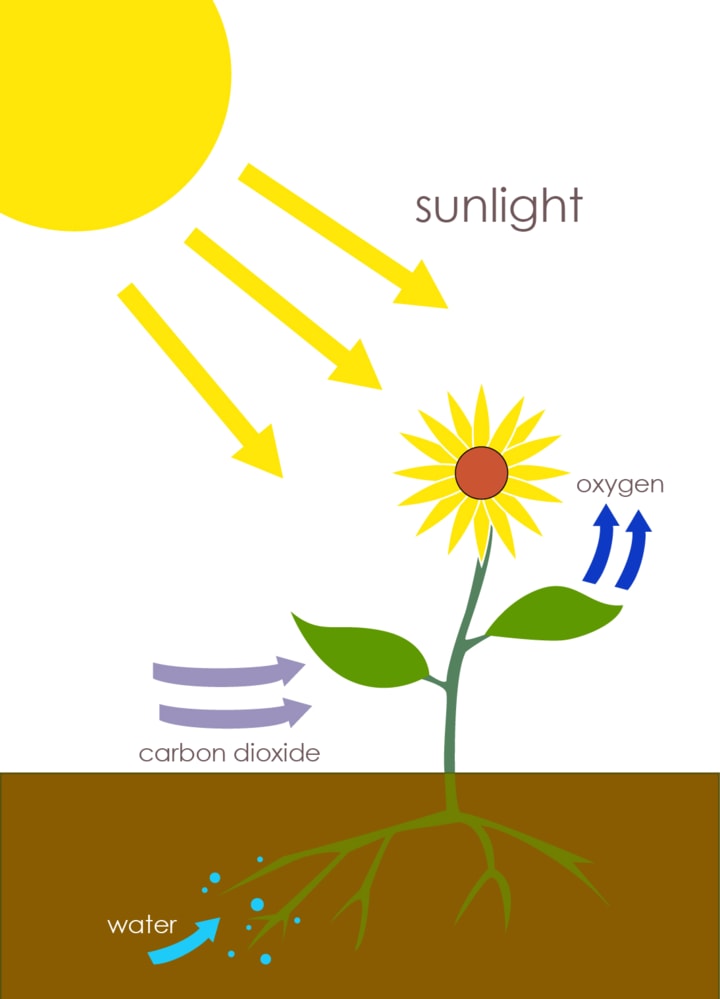
Inroduction
Plant growth control refers to the manipulation of plant growth and development by altering the plant's internal physiology or its external environment. There are several ways to control plant growth, including the use of plant hormones, genetic engineering, environmental factors such as light and temperature, and cultural practices such as pruning, watering, and fertilization.
Plant hormones such as auxins, cytokinins, gibberellins, and abscisic acid are naturally occurring chemicals that regulate plant growth and development. By applying these hormones in the right amounts and at the right time, plant growth can be controlled, for example, promoting or inhibiting root growth, stimulating stem elongation, or delaying fruit ripening.
Genetic engineering can also be used to control plant growth by altering the expression of genes responsible for growth and development. For example, genes can be introduced to improve stress tolerance or increase yield.
Environmental factors such as light and temperature can also be manipulated to control plant growth. For example, plants grown under artificial light can be grown faster than those grown under natural light, while temperature control can be used to manipulate flowering and fruiting.
Finally, cultural practices such as pruning, watering, and fertilization can also control plant growth. Pruning can be used to direct plant growth, while proper watering and fertilization can promote healthy growth and prevent overgrowth.
Plant growth control is a complex process that involves manipulating several factors that influence plant growth and development. These factors can be broadly categorized as internal and external factors.
Internal factors that regulate plant growth include plant hormones, gene expression, and metabolic processes. Plant hormones play a critical role in regulating plant growth and development, and different hormones have different effects on plants. For example, auxins promote cell elongation and root growth, while cytokinins promote cell division and shoot growth. Gibberellins stimulate stem elongation and seed germination, while abscisic acid inhibits growth and promotes dormancy.
In addition to hormones, gene expression plays a vital role in controlling plant growth. Genetic engineering can be used to alter the expression of genes responsible for growth and development, which can result in plants with improved traits such as increased yield, resistance to pests and diseases, and better stress tolerance.
Metabolic processes such as photosynthesis, respiration, and nutrient uptake also influence plant growth. Photosynthesis is the process by which plants convert sunlight into energy, which is used to fuel growth and development. Respiration, on the other hand, is the process by which plants convert stored energy into a usable form. Nutrient uptake is also critical for plant growth and development, and plants require a range of essential nutrients such as nitrogen, phosphorus, and potassium.

External factors that influence plant growth include environmental factors such as light, temperature, water, and nutrients. These factors can be manipulated to control plant growth, for example, by adjusting light levels or providing additional nutrients.
Light is an essential environmental factor that affects plant growth and development. Plants require light to carry out photosynthesis, and different wavelengths of light have different effects on plants. For example, blue light promotes vegetative growth, while red light promotes flowering.
Temperature is another critical environmental factor that affects plant growth. Plants have a range of temperature requirements for optimal growth and development, and extremes of temperature can be detrimental to plant growth. For example, extreme heat can cause wilting and leaf burn, while extreme cold can cause frost damage and stunted growth.
Water is also critical for plant growth and development, and plants require a regular supply of water to thrive. Overwatering can be detrimental to plant growth, while underwatering can cause wilting and nutrient deficiencies.
Nutrients are essential for plant growth and development, and plants require a range of essential nutrients such as nitrogen, phosphorus, and potassium. Fertilization can be used to provide plants with the necessary nutrients for optimal growth and development.
Cultural practices such as pruning, watering, and fertilization can also be used to control plant growth. Pruning can be used to direct plant growth, for example, by removing unwanted branches or shaping the plant. Watering and fertilization can be used to promote healthy growth and prevent overgrowth.
In conclusion, plant growth control is a complex process that involves manipulating several factors that influence plant growth and development. Internal factors such as plant hormones, gene expression, and metabolic processes play a critical role in controlling plant growth, while external factors such as light, temperature, water, and nutrients can be manipulated to control plant growth. Cultural practices such as pruning, watering, and fertilization can also be used to control plant growth. Understanding these factors and how they interact can help growers optimize plant growth and improve crop yields.
About the Creator
Love The Green
Welcome to my page,I hope to share my experiences, insights, and knowledge with fellow nature enthusiasts.Together, we can celebrate the wonders of the natural world, and work to protect and preserve it for future generations to enjoy🌿🌲






Comments
There are no comments for this story
Be the first to respond and start the conversation.